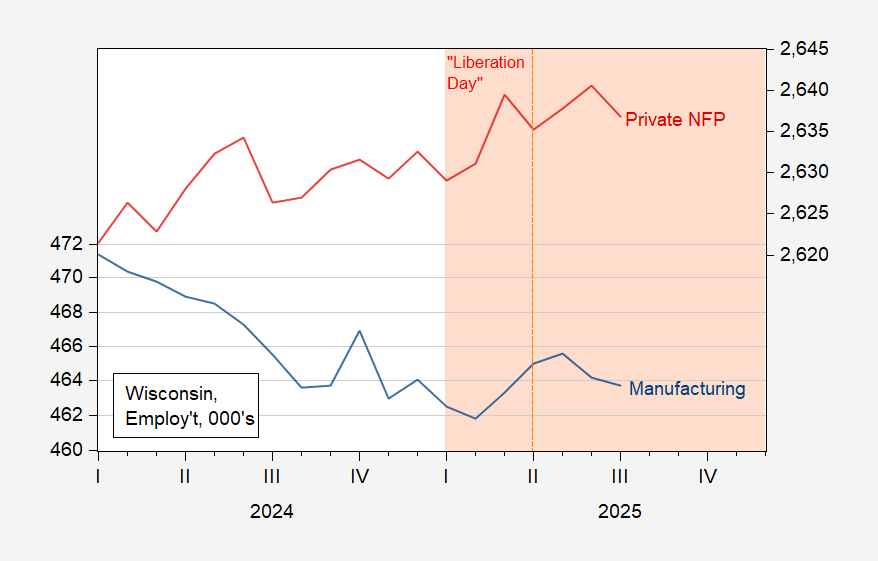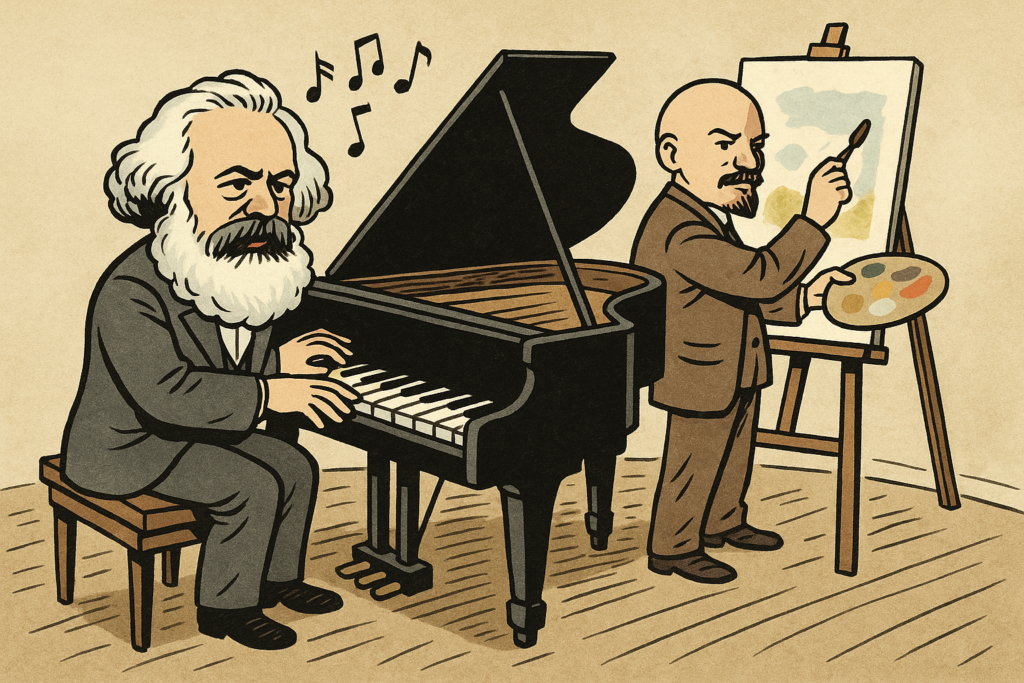
- –Agustina S. Paglayan, Raised to Obey: The Rise and Spread of Mass Education. (page 108)
In her book Raised to Obey, Agustina S. Paglayan presents the thesis that governments introduced mass education not to empower their citizens, but to control them by indoctrinating them as children. She argues that this thesis is supported by evidence concerning the timing of when states introduced mass education, the arguments that persuaded governments to provide mass education, and the training and direction that governments provided to teachers.
By the 1800s, ruling elites were finding that conventional tools of social control, such as a national church, were not sufficient to quiet their populations. Revolutionary fervor emerged as a threat. Rulers became attracted to the theory that primary education could be used to train subjects to obey.
Mass education is a relatively recent phenomenon. Paglayan writes,
- While in the 1850s only one in ten children were enrolled in primary schools worldwide, by 1940 a majority of children had access to schooling, and today, almost all countries provide universal or near-universal primary education. (page 12)
She argues that in Europe the spread of primary education preceded industrialization and democracy.
- The leader was Prussia, which established comprehensive education regulations in 1763… while still maintaining an absolutist regime and an agrarian economy. By around 1850, a majority of children in Europe were already enrolled in primary school. (page 13)
In the world as a whole, she summarizes data from more than one hundred countries:
- … governments began to systematically monitor primary schools on average sixty-five years before democratization. (page 48)
Mass education also was not closely tied to industrialization.
- England was an industrialization leader and education laggard, whereas Prussia was the opposite…. In the early 1850s, many decades after England had begun to industrialize, less than 9 percent of English children were enrolled in primary school. (page 62)
The United States was not a leader in primary education, either (although when enrollment began to rise, it did so rapidly). Teacher training was done by so-called Normal Schools. The first one to be established in the United States was in 1839. By that date, “there were already 264 Normal Schools throughout Europe.” (page 59)
“Influential philosophers, including Thomas Hobbes, John Locke, and Jean-Jacques Rousseau, were confident that human behavior could be shaped by education.”
Influential philosophers, including Thomas Hobbes, John Locke, and Jean-Jacques Rousseau, were confident that human behavior could be shaped by education. Hobbes and Rousseau, in particular, emphasized the need to train children to be obedient.
- Hobbes argues that education is what makes man fit for society and what ensures social order…. The “instruction of the people in the essential rights of sovereignty” by the sovereign is therefore “not only his duty, but his benefit also,” because this education provides “security against the danger that may arrive to himself in his natural person from rebellion.” (page 95)
She quotes Rousseau in his Discourse on Political Economy, writing that “there should be laws for childhood that teach obedience to others” and that, “Public education under rules prescribed by the government, and under magistrates prescribed by the sovereign is, then, one of the fundamental maxims of popular or legitimate government.”
- Rousseau’s work illustrates the different types of education that Enlightenment philosophers envisioned for elites versus the rest…. Emile, however, is not a book about mass schooling; it focuses on the upbringing of a rich man’s son by his private tutor. The pedagogy… differs from the idea he advances in other works that the state should educate all children for the sake of cultivating obedience. (page 99)
The Prussian model for schooling, which was admired and adopted elsewhere, was explicitly authoritarian. One of its primary theoreticians was Johann Felbiger.
- A school manual for teachers written by Felbiger in 1768 instructs teachers that every student must memorize the following answers:
- Q: Who is subject to the power of the ruler?
- A: Everyone…
- Q: From whence comes the power held by the ruler?
- A: This power comes from God.
- Q: Whom does God ordain?
- A: Everyone who holds authority. Because all who exercise authority are ordained by God, subjects must be submissive, loyal, and obedient, even to a ruler not of our religion…
- Q: What does it mean to resist authority?
- A: To resist authority is to rebel against the divine order. (page 104)

